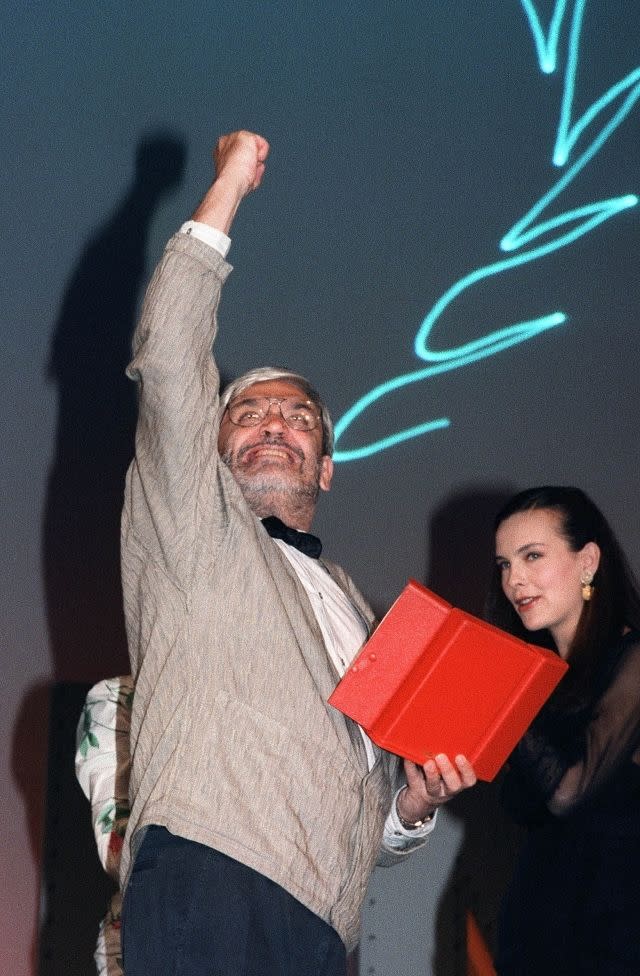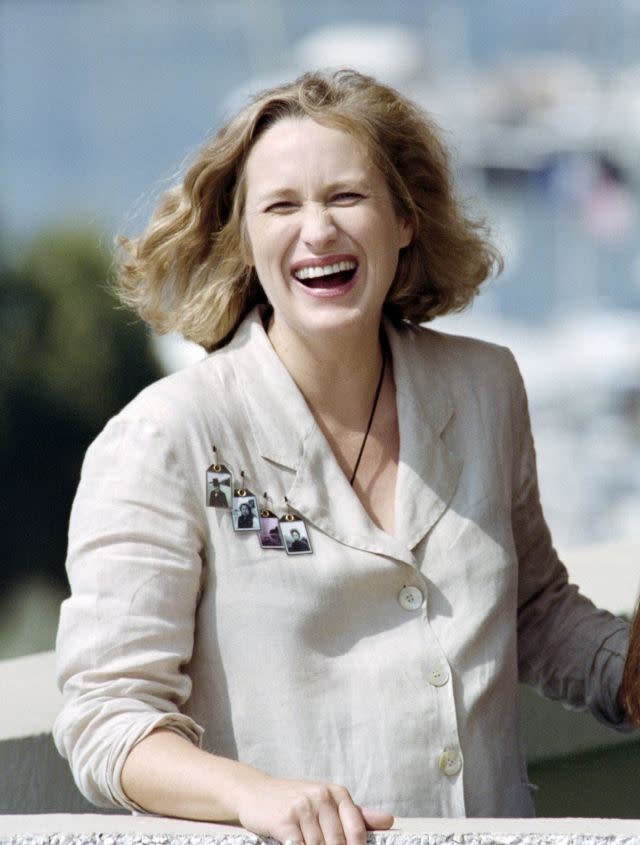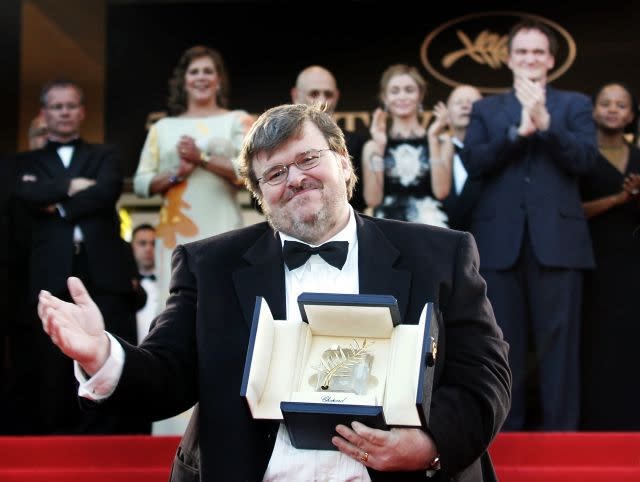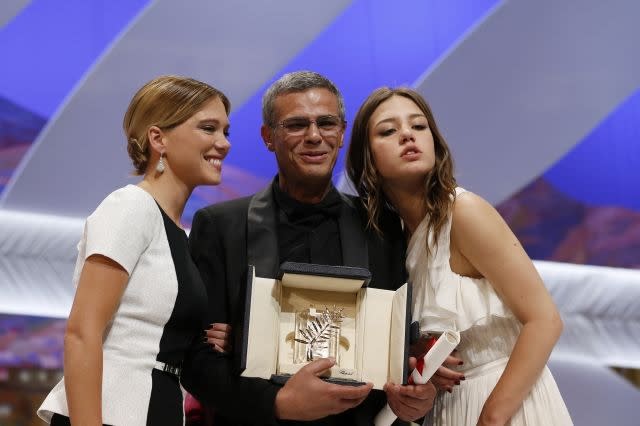Cannes: 5 unforgettable Palme d'Or winners
From Maurice Pialat's "Under the Sun of Satan" in 1987 to Abdellatif Kechiche's "Blue Is the Warmest Color" in 2013, we take a look at five Palme d'Or recipients that will live on in film history. Whether due to controversy, historic firsts or unanimous acclaim, these five wins left a lasting mark on the Cannes Film Festival.
Maurice Pialat welcomes the jeers
In 1987, the crowds at Cannes booed and jeered as Maurice Pialat received the Palme d'Or. The jury presided by Yves Montand unanimously chose "Under the Sun of Satan," though critics had thought Wim Wenders' "Wings of Desire" was the clear frontrunner. Rather than coming undone, the French director raised his fist and made his now famous speech: "I will not be untrue to my reputation. I am especially happy tonight for all the boos and jeers in my direction. And if you don't like me, I can say that I don't like you either."
Jane Campion takes stride for women
The Wellington-born filmmaker won over Louis Malle's jury in 1993 with "The Piano," a period drama and romance in which a mute Scottish woman (Holly Hunter) is sent to New Zealand with her daughter (Anna Paquin) to marry a landowner she has never met (Sam Neill). Campion thus became the first female director to receive the top prize at Cannes, though the victory was actually a tie. Campion had to share her title with Chinese helmer Chen Kaige and his "Farewell My Concubine."
Quentin Tarantino gives the crowd the finger
One year later, the jury presided by Clint Eastwood made a bold move by awarding the Palme d'Or to "Pulp Fiction." Seen as the underdog in the competition, Quentin Tarantino's second feature was chosen over such acclaimed films as Patrice Chéreau's "Queen Margot," Nanni Moretti's "Dear Diary," and Nikita Mikhalkov's "Burnt by the Sun." But the audience was less enthusiastic than the jury, and one woman's voice was heard from the crowd as Tarantino and his crew made their way onto the stage, proclaiming "Quelle daube!" ("What trash!"). Cool and unfazed, the award-winning director responded by flashing his middle finger to the audience.
Michael Moore scores a contested victory
In 2004, for the second time in its history, the Cannes Film Festival awarded its top prize to a documentary: Michael Moore's "Fahrenheit 9/11" (the first documentary to win the Palme d'Or was Jacques Cousteau's "The Silent World" in 1956). The incendiary American filmmaker's critique of the Bush administration was chosen by a jury presided by Quentin Tarantino, who once again sparked controversy in Cannes. This time, the scandal was over accusations of favoritism (Tarantino and Moore have the same producer, Harvey Weinstein) and, of course, allowing politics to influence the competition (Tarantino is also an outspoken critic of Bush). To this day, "Fahrenheit 9/11" remains the top-earning Palme d'Or winner at the global box office ($222 million), just ahead of "Pulp Fiction" ($213 million).
Three Palme d'Or awards for "Blue Is the Warmest Color"
Abdellatif Kechiche's film entered Cannes history in 2013. Clearly the frontrunner in the competition, "Blue Is the Warmest Color" won over the jury and its president, Steven Spielberg, who requested a departure from protocol to award not one but three Palme d'Or trophies: one to the director and one to each of the lead actresses: Léa Seydoux and Adèle Exarchopoulos.






